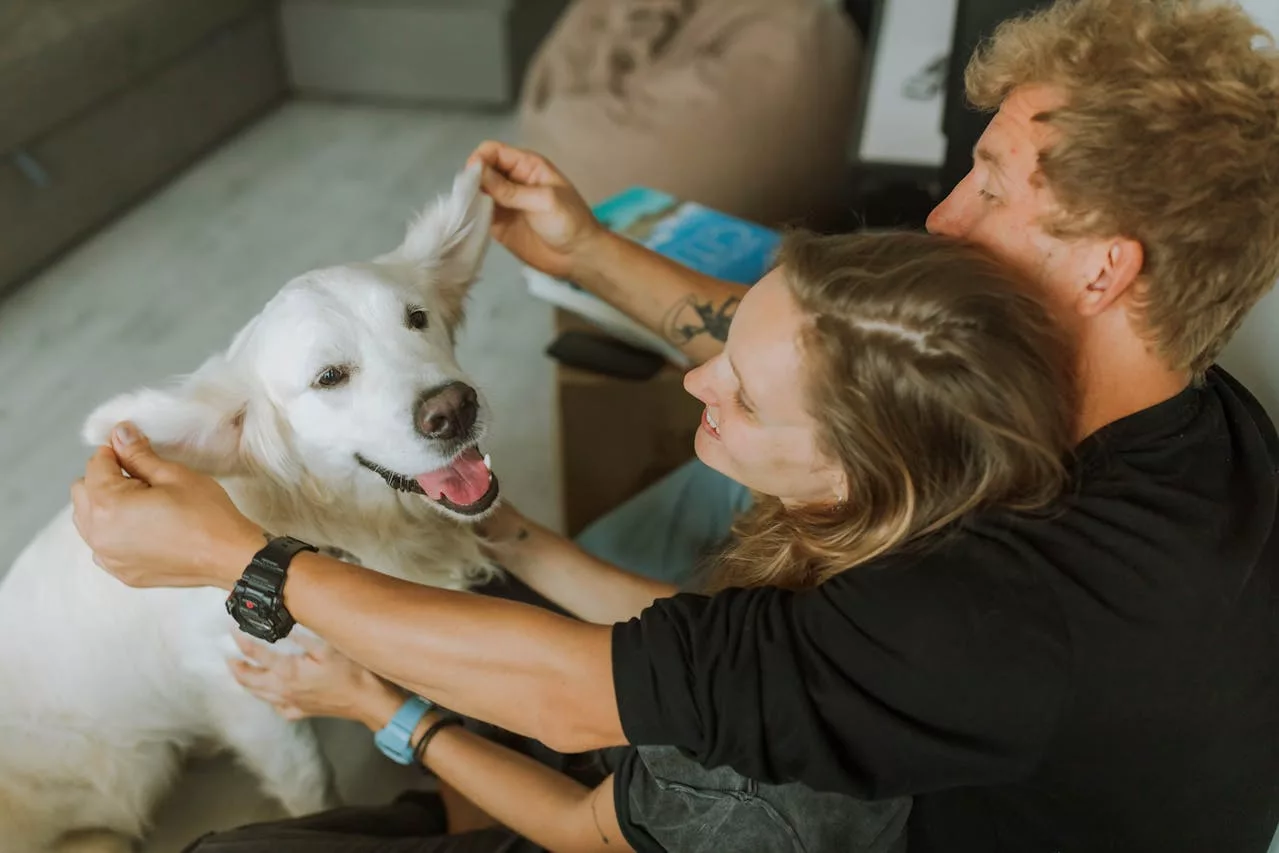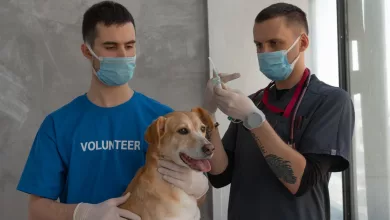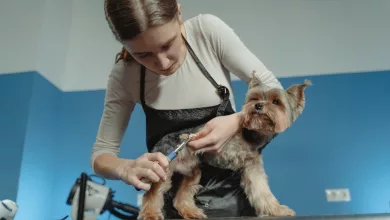Owning a pet can bring immense joy and companionship, but it also comes with responsibilities to ensure your pet lives a healthy, fulfilling life. Whether you’re a new pet owner or have had pets for years, it’s important to stay informed on best practices for their care. In this guide, we’ll cover the top 10 essential pet care tips that will help your furry (or not-so-furry) friends live long, happy lives.
1. Provide a Balanced Diet
Feeding your pet a nutritious, balanced diet is one of the most important aspects of pet care. Just like humans, pets need the right combination of nutrients, including proteins, fats, carbohydrates, vitamins, and minerals to stay healthy.
- For Dogs and Cats: Look for high-quality pet food brands that meet your pet’s specific dietary needs. Consult your vet to choose the best food, especially if your pet has allergies or other health concerns.
- For Small Animals and Exotics: Research your pet’s dietary requirements thoroughly. Guinea pigs, for example, need a diet rich in vitamin C, while reptiles like turtles or snakes have completely different needs.
Ensure that treats are given in moderation, as overfeeding can lead to obesity, which can cause a range of health issues like diabetes or joint problems.
2. Regular Veterinary Visits
Routine vet check-ups are essential for maintaining your pet’s health. Pets can’t tell you when they’re in pain, so a vet’s trained eye is crucial to catch problems early.
- Vaccinations: Keep your pet’s vaccinations up-to-date. Core vaccines are important to prevent common diseases like rabies, distemper, and parvovirus.
- Dental Care: Dental problems can lead to more serious health issues, so ensure that your vet checks your pet’s teeth regularly.
Annual or bi-annual visits will allow for early detection of potential health problems, saving your pet from discomfort and you from potentially costly treatments.
3. Keep Your Pet Active
Exercise is key to your pet’s physical and mental well-being. Depending on the species and breed, the amount and type of exercise will vary.
- Dogs: Most dogs need at least 30 minutes to 2 hours of exercise a day, depending on their breed. Walking, running, or playing fetch are great ways to keep them active.
- Cats: While cats are more independent, they still need physical stimulation. Interactive toys, climbing trees, or even a laser pointer can keep them active.
- Small Animals: Even smaller pets like rabbits and guinea pigs benefit from time outside their enclosures for mental stimulation and physical activity.
Exercise helps prevent obesity, supports cardiovascular health, and reduces boredom or destructive behavior.
4. Mental Stimulation
Mental stimulation is just as important as physical exercise for keeping pets happy. Bored pets can develop behavioral issues or depression.
- Puzzle Toys: Toys that challenge your pet mentally, like treat-dispensing puzzles, are great for keeping them engaged.
- Training: Teaching new tricks or commands not only strengthens your bond but also stimulates their brain.
Try rotating toys and introducing new challenges regularly to prevent boredom.
5. Grooming and Hygiene
Keeping your pet clean and well-groomed is essential for their comfort and overall health.
- Dogs and Cats: Regular brushing prevents matting and reduces shedding. Bathing and trimming nails are also important to prevent skin infections and overgrown nails, which can cause pain.
- Small Pets: Clean their cages regularly to prevent odor and bacterial buildup. For animals like rabbits and guinea pigs, provide safe materials for them to chew on to prevent dental issues.
Regular grooming not only helps maintain hygiene but also gives you a chance to check for parasites, skin conditions, or injuries.
6. Spaying and Neutering
Spaying (females) and neutering (males) your pets is crucial for population control and offers numerous health benefits.
- Health Benefits: Spaying and neutering can reduce the risk of certain cancers and eliminate the risk of uterine infections in females and testicular cancer in males.
- Behavioral Benefits: These procedures can also reduce aggression, marking, and other unwanted behaviors related to mating instincts.
Check with your vet for the best time to have this procedure done, which is typically before they reach six months of age.
7. Ensure Safe Environment
Creating a safe environment for your pet helps prevent accidents and injuries.
- Pet-proofing: Remove or secure hazards such as toxic plants, electrical cords, and harmful chemicals from your home.
- Safe Space: Ensure your pet has a quiet, safe space where they can retreat if they’re feeling overwhelmed or scared, especially during loud events like fireworks.
This simple precaution can save your pet from potentially life-threatening accidents.
8. Socialization
Proper socialization is key to raising a well-behaved and happy pet. Early exposure to different environments, people, and other animals helps reduce fear and anxiety later in life.
- Dogs: Dog parks, group walks, and puppy classes are great ways to socialize your dog.
- Cats and Small Pets: While they may not be as social as dogs, cats and small animals benefit from gentle handling and exposure to new sights, sounds, and smells.
Socialized pets are more confident and less likely to develop anxiety-related behaviors like aggression or excessive barking/meowing.
9. Identification and Microchipping
Every pet should have proper identification in case they get lost. Collars with ID tags are a good start, but microchipping offers a permanent solution.
- Microchipping: A tiny chip implanted under your pet’s skin contains your contact information, which can be scanned by a vet or animal shelter if your pet is found.
- ID Tags: Always ensure your pet’s ID tags are up to date with your current phone number and address.
Microchipping greatly increases the chances of reuniting with your pet if they are ever lost.
10. Love and Attention
Lastly, love and attention are the most important ingredients to your pet’s happiness. Pets thrive on affection and interaction with their owners.
- Quality Time: Spend quality time playing, petting, or simply sitting with your pet. This strengthens your bond and makes them feel secure and loved.
- Routine: Establishing a routine for feeding, playtime, and grooming helps your pet feel secure and reduces anxiety.
A happy pet is one that feels loved and cared for, so never underestimate the power of attention and affection.




